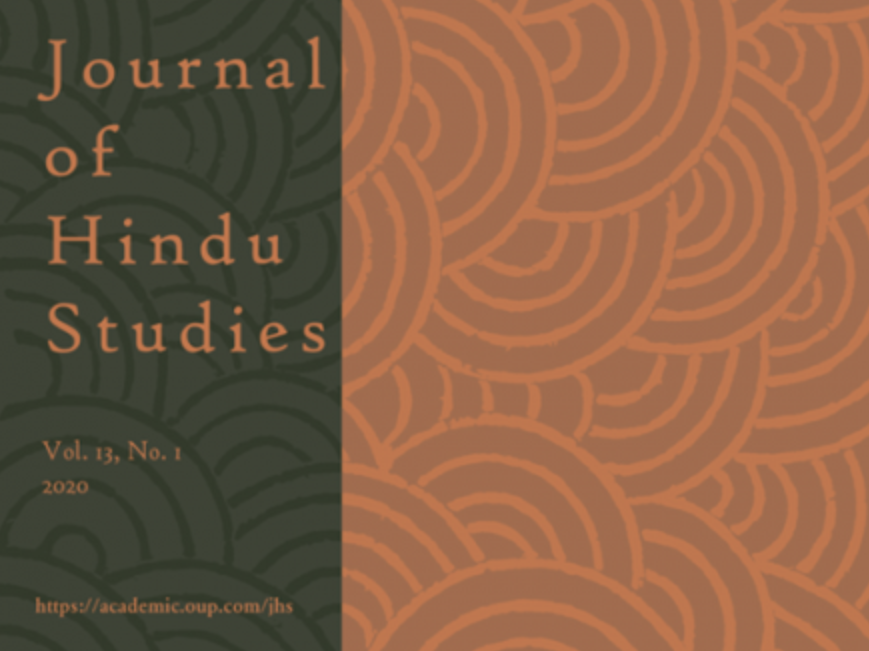Allocco’s article draws on more than a decade of ethnographic research and interviews with one Hindu family in South India to explore the hermeneutical issues – what Allocco calls “interpretive ambivalence” – that arise from narrative multiplicity.
Amy Allocco, associate professor of Religious Studies and director of the Multifaith Scholars Program, recently published an article titled “Vernacular Practice, Gendered Tensions, and Interpretive Ambivalence in Hindu Death, Deification, and Domestication Narratives” in The Journal of Hindu Studies.
 The article focuses on a Tamil Hindu woman named Aaru, who embodied the Goddess in possession performances from age thirteen, resisted marriage through her 20s, and committed suicide at 29. Grounded in ethnographic fieldwork and interviews with Aaru and her family conducted between 2006 and 2019, it analyzes narratives concerning her untimely death, subsequent deification, and eventual domestication as a puvataikkari (a dead relative who is worshiped as a family deity). It highlights the hermeneutical challenges associated with three intersecting spheres: the dominant categories that shape the scholarly understanding of Hinduism; vernacular Hinduism as revealed in Aaru’s complex story; and the ethnographic research and writing process. Allocco argues that by acknowledging multiple interpretive possibilities, we can enlarge and nuance our understandings of matters as diverse as ritual relationships with the dead, the nature of Tamil family deities, and the gendered tensions of the contemporary moment. Indeed, she argues that Aaru’s case offers us significant resources for a fuller, more inclusive appreciation of the textures of vernacular Hinduism – Hinduism as it is experienced, lived, and practiced in particular places and contexts – and compels us to consider the limitations of prevailing interpretive paradigms and the fragmental and shifting nature of ethnographic knowledge.
The article focuses on a Tamil Hindu woman named Aaru, who embodied the Goddess in possession performances from age thirteen, resisted marriage through her 20s, and committed suicide at 29. Grounded in ethnographic fieldwork and interviews with Aaru and her family conducted between 2006 and 2019, it analyzes narratives concerning her untimely death, subsequent deification, and eventual domestication as a puvataikkari (a dead relative who is worshiped as a family deity). It highlights the hermeneutical challenges associated with three intersecting spheres: the dominant categories that shape the scholarly understanding of Hinduism; vernacular Hinduism as revealed in Aaru’s complex story; and the ethnographic research and writing process. Allocco argues that by acknowledging multiple interpretive possibilities, we can enlarge and nuance our understandings of matters as diverse as ritual relationships with the dead, the nature of Tamil family deities, and the gendered tensions of the contemporary moment. Indeed, she argues that Aaru’s case offers us significant resources for a fuller, more inclusive appreciation of the textures of vernacular Hinduism – Hinduism as it is experienced, lived, and practiced in particular places and contexts – and compels us to consider the limitations of prevailing interpretive paradigms and the fragmental and shifting nature of ethnographic knowledge.
Allocco presented an early version of the material that formed the basis for her article at the 2018 Annual Conference on South Asia in Madison, Wisconsin. She then presented another iteration of this paper at the South Asia Institute at the University of Heidelberg in Germany in 2019 before revising and expanding it for publication in The Journal of Hindu Studies.



